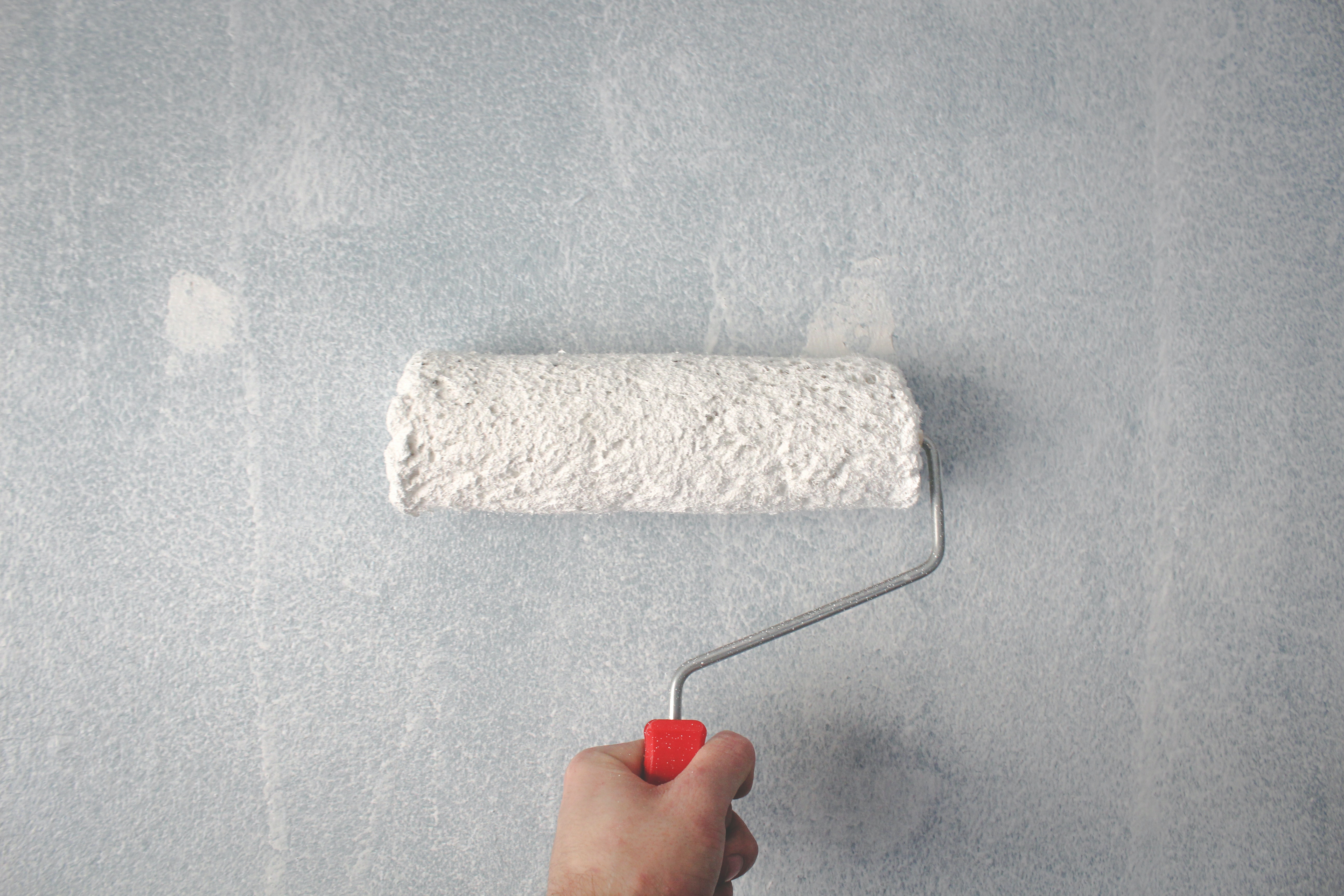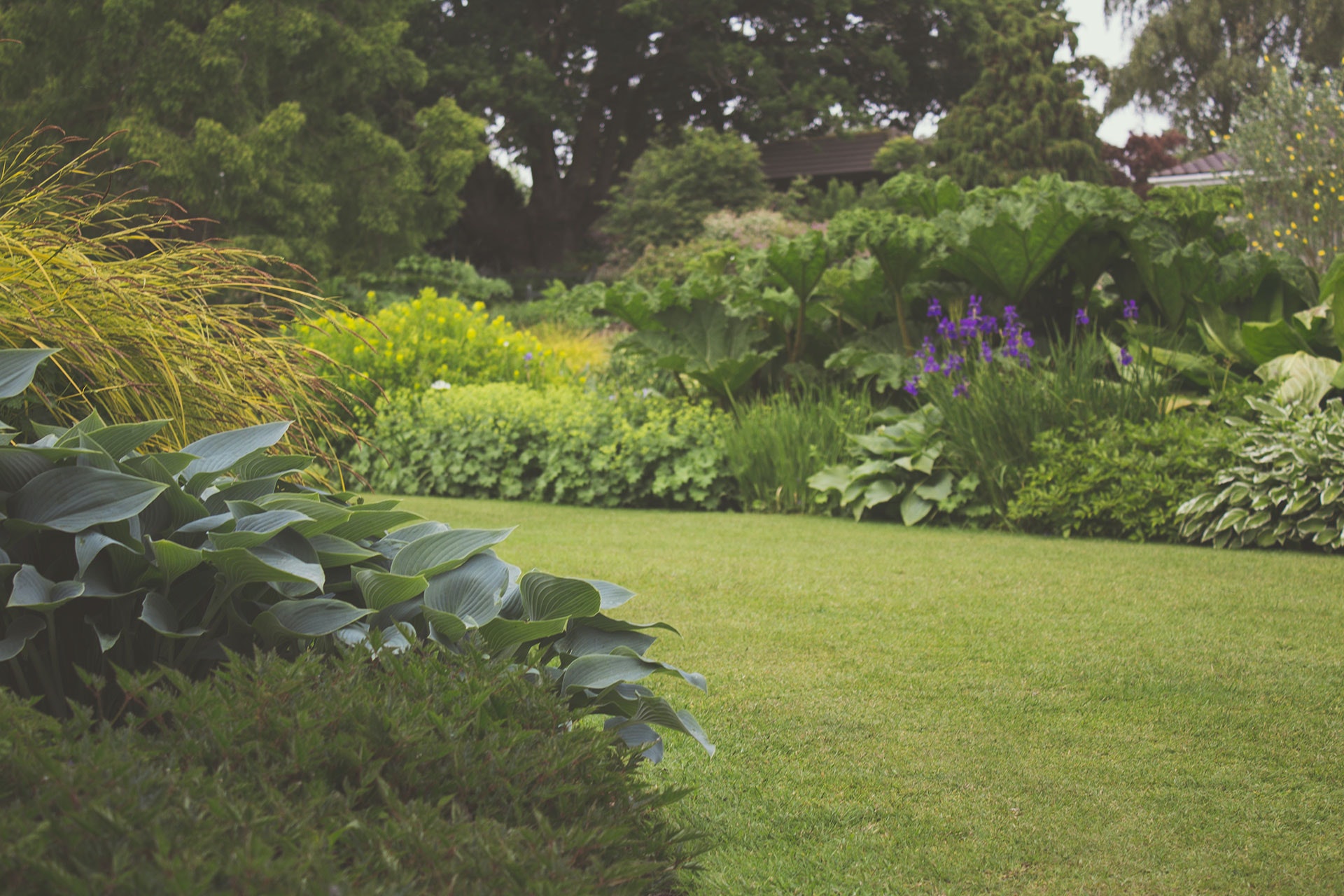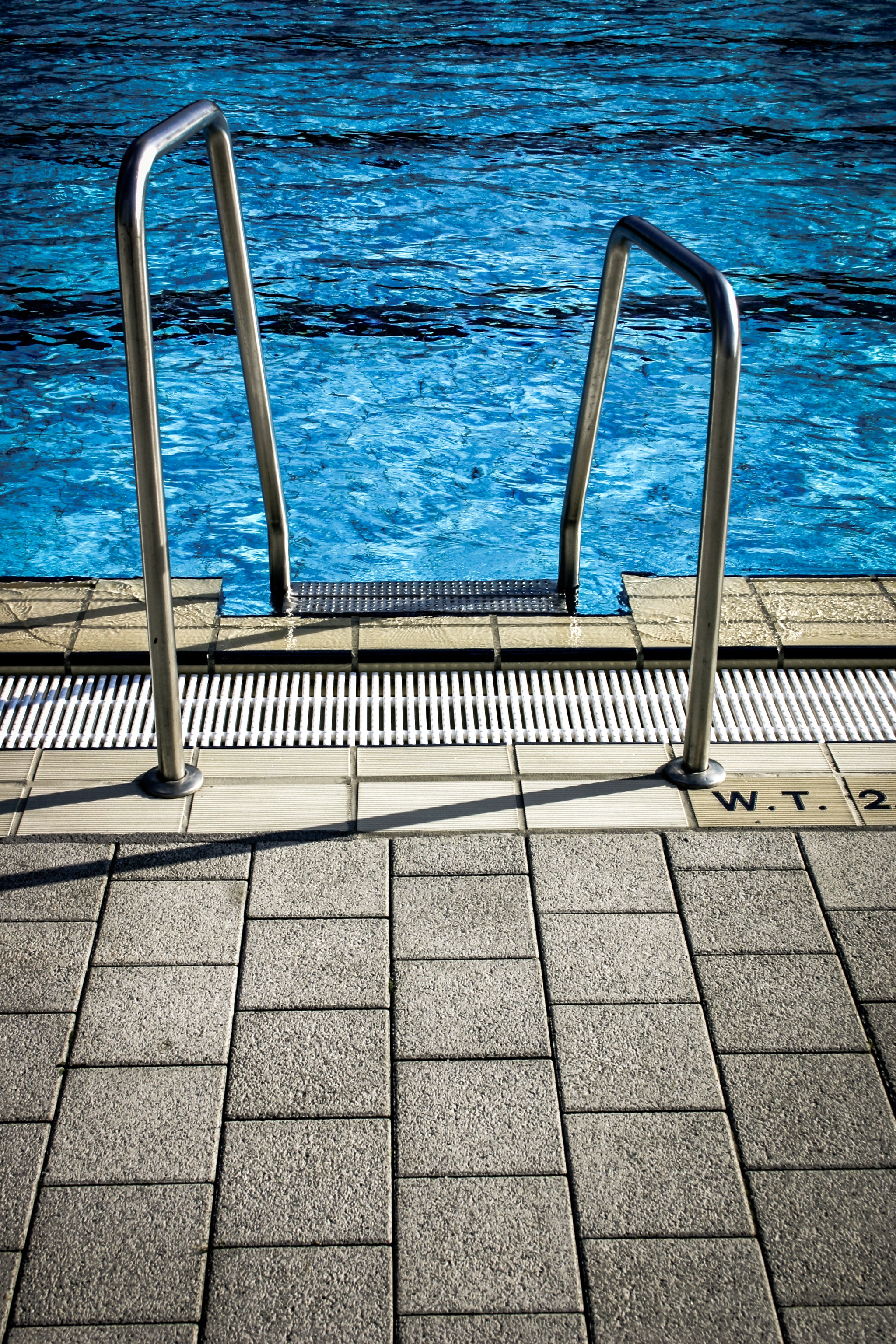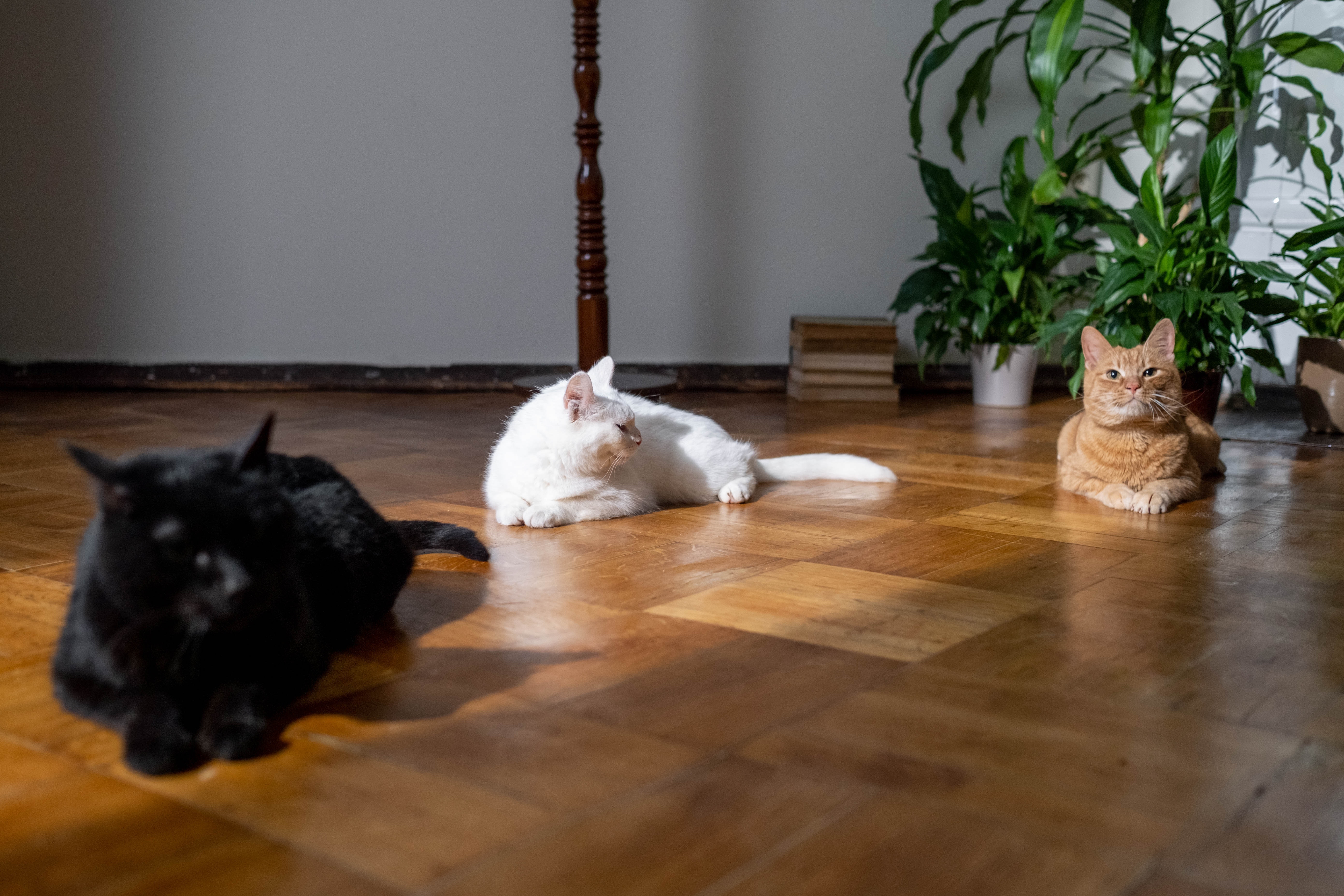Because your home is one of your largest investments, it's only natural that you want to safeguard it. The location, square footage, school district, and bedrooms and baths are all factors in determining just how much your home is worth. Although some of those variables are hard to modify, others are within the homeowner's control.
Neighbors
A potential homebuyer must drive by your neighbors to get to your property, and they can eat into the value of your home in a variety of ways.
You might have a rude, antisocial neighbor who enjoys doing
loud DIY. When it comes to selling your home, you could be in big trouble. 'Bad
neighbors can reduce the value of your home by tens of thousands of dollars.
Unfortunately, aside from conducting some symbolic fence repair (or
pathetic pleading) with your neighbors, there isn't much you can do when issues
like these arise. However, you have control over your own property.
Paint Quality
While home design is a way for us to express ourselves, it's
best to keep things neutral in the run-up to a house sale. Bold colors,
contrasting wallpaper designs, and black curtains have all been observed to
lower a home's value in the eyes of buyers.
Paint, of course, plays an important role in curb appeal, so if your property is in severe need of a fresh coat, that defect could be creating trouble on its worth. Paint that is old, worn, chipped, or chipped can give people bad impressions about a house, similar to the impact a badly maintained yard might have on potential buyers.
Neutral colors such as gray, white, cream, and beige are
popular with buyers. So choose your colors carefully and repaint the outside
when it begins to fade. Commit to neutral shades and naturals if you're unsure.
The Yard
If they may not like what people see on the outside, many individuals won't even consider going inside. If maintaining your yard isn't a top priority, it may make it more difficult to sell your home when the time comes. After all, a home's exterior appeal is crucial to its sale.
Expensive landscaping like a koi pond, on the other hand,
can depreciate your home's value because many homeowners are unwilling to deal
with the additional maintenance.
Pool or Hot Tub
Swimming pools are anticipated and commonly used all year in warmer climates. Pools, on the other hand, are frequently a waste of money in chilly areas.
Some buyers may be hesitant to acquire a home with a pool or
other water features because they believe they are unneeded extra costs and
care. People with little children may regard the pool as a potentially unsafe
feature of the home. A home with a pool is generally more expensive to insure
due to the risk of family members drowning and the risk of a lawsuit if guests
or trespassers are injured. Your expenses extend beyond the installation.
Pets
When viewing your house, purchasers may or may not welcome pets. Due to the damage that smelly pets can cause to a property, a home's value may be reduced.
You'll have to take additional care of your house and hide the presence of pets from potential purchasers. 'Make a concerted effort to stay on top of any harm that dogs may cause, paying special attention to their cleanliness and odor by bathing them frequently. When hosting viewings, make sure they are fully out of the way by removing their bowls, beds, and toys. The fewer pets you have in your home, the better.
So, if you're ready to sell, these tips may help you obtain more money for your home. If you decide to stay, you'll be able to enjoy a traditional, desirable home. Hopefully, you now have a better idea of what may cause property prices to decline.










